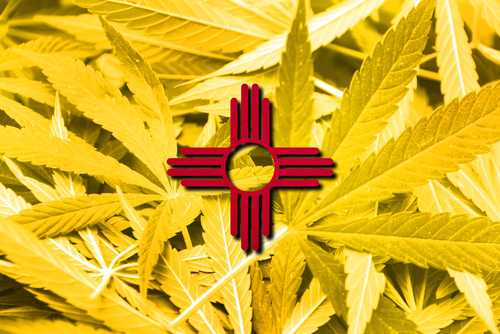New Mexico state officials said two intergovernmental agreements (IGAs) have been established to support pueblos participating in the recreational cannabis industry.

New Mexico Gov. Michelle Lujan Grisham, Pueblo of Picuris Gov. Craig Quanchello, and Pueblo of Pojoaque Gov. Jenelle Roybal recently outlined the agreements. The officials noted that the agreements would spur economic development and create safe cannabis production and sale guidelines while preventing federal enforcement on the tribal lands.
“The economic opportunities provided by the recreational and medical cannabis industries are truly game-changing, and sovereign tribal nations should benefit alongside the state,” Grisham said. “With these agreements, the Pueblo of Pojoaque and the Pueblo of Picuris will benefit from this exciting new industry, which is projected to bring $300 million in sales annually and create 11,000 jobs in New Mexico.”
The IGAs enable tribal communities to participate in the cannabis industry through methods supporting community health and public safety while maximizing cross-jurisdiction market opportunities.
Additionally, while cannabis remains illegal under federal law, IGAs prevent federal law enforcement action on tribal lands where communities are seeking to participate in the adult-use market in New Mexico.
“I am pleased that the intergovernmental agreement respects the Pueblo’s sovereignty,” Quanchello said. “This creates a meaningful opportunity for the Pueblo to engage in well-regulated and coordinated legal cannabis markets for the benefit and protection of our community, including a framework for ongoing collaboration with the State to protect our shared interests.”
Roybal said Pueblo of Pojoaque is satisfied with the intergovernmental agreement and the collaborative effort to maintain a robust regulatory environment for cannabis.
“Cannabis is an exciting new opportunity to diversify our economic development, and revenues from a Pueblo cannabis enterprise will support tribal governmental programs and the surrounding community,” she said.